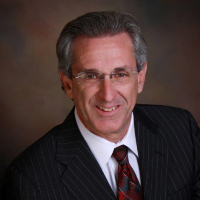Cocoa Beach DUI-DWI Lawyer, Florida
Sponsored Law Firm
-
 x
x

Click For More Info:
-
Joseph A. Gasparro, PA
813 Jackson Rd Jacksonville, FL 32225» view mapCriminal Defense Law Serving the Best Interests Of Our Clients
When you need accurate representation for criminal defense issues, Joseph Gasparro is there for you.
800-971-8621
Steven G. Casanova
✓ VERIFIEDCriminal, DUI-DWI
Mr. Casanova vigorously defends the accused in all cases ranging from misdemeanors to serious felonies. He practices in both State and Federal Courts.... (more)
FREE CONSULTATION
CONTACTDarrell Keith Sedgwick
Traffic, Family Law, DUI-DWI, Constitutional Law
Status: In Good Standing Licensed: 23 Years
Ronald L. Ecker II
Traffic, White Collar Crime, DUI-DWI, Criminal
Status: In Good Standing Licensed: 28 Years
 Joseph Gasparro Jacksonville, FL
Joseph Gasparro Jacksonville, FL AboutJoseph A. Gasparro, PA
AboutJoseph A. Gasparro, PA Practice AreasExpertise
Practice AreasExpertise

